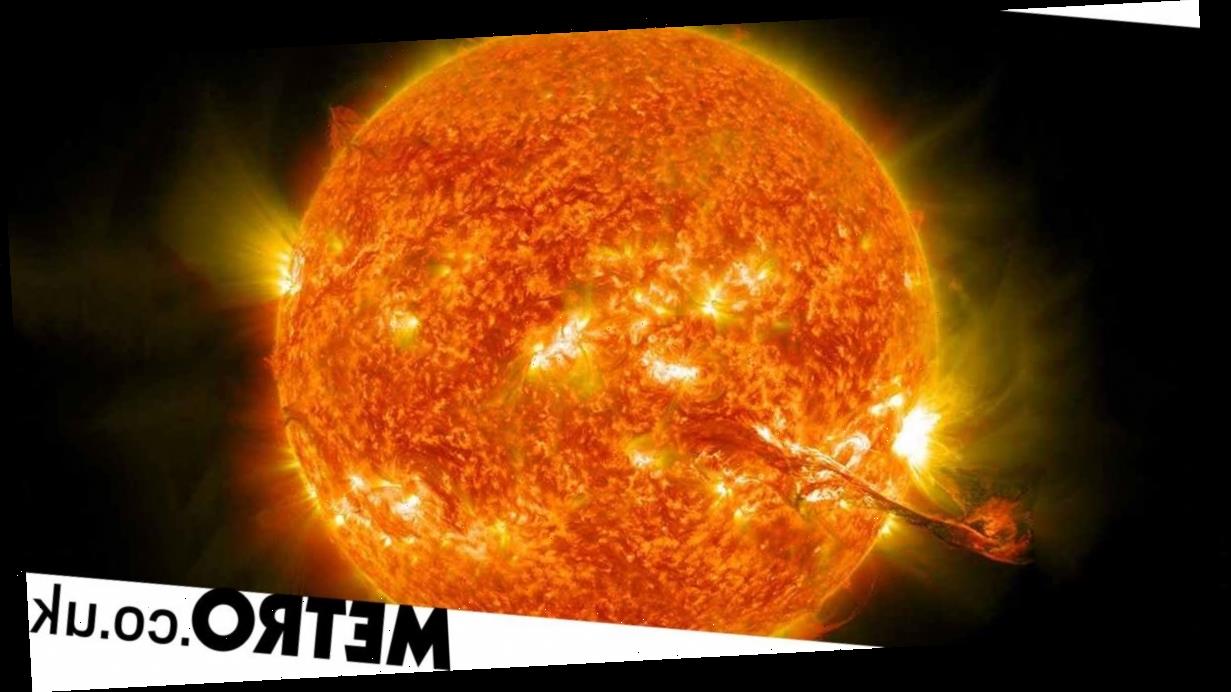The Sun possesses powers which make it the most important source of energy for life on Earth, but compared to some of its galactic counterparts it may actually be a little sleepy.
According to new research, our star appears to be less active than hundreds of similar stars based on brightness variations.
When matched up to 369 solar-like stars, scientists found they typically fluctuated about five times stronger than the Sun over the last 140 years.
However, researchers also studied more than 2,500 Sun-like stars with unknown rotation periods, which showed that their brightness fluctuated much less than that of the other group.
‘We were very surprised that most of the Sun-like stars are so much more active than the Sun,’ said Dr Alexander Shapiro, from the Max Planck Institute for Solar System Research (MPS).
Scientists narrowed down the first batch of comparable candidates from a vast catalogue of measurement data recorded by Nasa’s Kepler Space Telescope, selecting stars with a similar surface temperature, age and rotation period.
They chose to look at stars that rotate once around their own axis within 20 to 30 days, though it does not determine the rotation period of all the stars, so the team had to consider other factors such as re-appearing dips in the star’s lightcurve.
‘It is conceivable that the Sun has been going through a quiet phase for thousands of years and that we therefore have a distorted picture of our star,’ explained Dr Timo Reinhold, first author of the new study, who published the findings in the Science journal.
It is not clear why the Sun is less active than similar stars, though scientists behind the research note that it is possible that the Sun can have higher variability over long timescales, or differs from similar stars in ways that haven’t yet been recognised.
Source: Read Full Article

